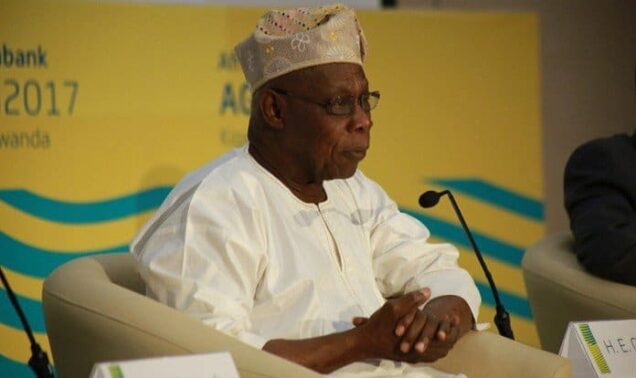DAKUKU PETERSIDE FROM PREMIUM TIMES
Last Saturday’s presidential election marks a new beginning for Nigeria, if not literally, then clearly symbolically. Nigerian voters, defied hunger , Naira crisis and appropriated that moment as a clear point of departure from the past. They embraced the election as if their lives depended on it. The general high level of enthusiasm lifted voter turnout and reinforced confidence in democracy. Young people saw it as a chance to “get back their country”, plagued by bad leadership and underdevelopment. The fanfare and zest with which Nigerians trooped out in their numbers to perform a ritual that may not have rewarded them in the past but still managed to sustain their hope of a better future was electric. The presidential election revealed a divided, disillusioned, and disaffected Nigeria. Despite whatever will be the election’s outcome, most Nigerians believe the electoral process is a radical improvement on previous exercises ,considering the size and complexity of the country . Previous polls have been anticlimactic both in process and outcome.
Nigerians hope that this election will usher in a genuine democratic leader that represents the choice and voice of the people. The elections were generally peaceful and orderly, save for pockets of skirmishes in flashpoint states where thugs disrupted the polls, carted away ballot boxes, or tactically disenfranchised voters.
Regrettably, bad habits of thuggery and violent disruptions of the process resurfaced.Blatant violent hooliganism in states like Kogi, lagos and Rivers overwhelmed security arrangements.
According to media reports and from the account of observers, youths turned out in their numbers to vote. Voters’ turnout from observation ,in general, may be better than in the recent past, where voter apathy was prominent, and there was a continuous decline in the number of voters in each subsequent general election. Most persons who observed the polls I have spoken to are cautiously optimistic that it would be a relatively free and fair election, thanks to the recent amendment of electoral act which gave legal backing to Bimodal Voter Identification System ( BVAS) and other technological devices. From snippets of results, old political fiefdoms seem to be crumbling . Nigerians have rejected politics of hate, violence, and intolerance. If this is the case, it will mark a watershed in the political history of Nigeria.
Discerning persons must have observed four different echoes and reverberations with the elections. The first echo is that INEC prepared better this time around when compared with previous elections. The level of the organisation before and during the polls shows an improved INEC operation. INEC carried out voter sensitization, conducted mock exercises and reasonably assured the public of its best intentions . The use of technology was good, as voters can even find their polling units online. The identification method in polling units was remarkable, and we must commend INEC for even using the technology in remote parts of Nigeria. The BVAS technology generally worked ,with failure in few places. Overall, the quality of the election conducted has improved. This evidences that Nigerian institutions can work if we are ready to do the work required to improve them.


